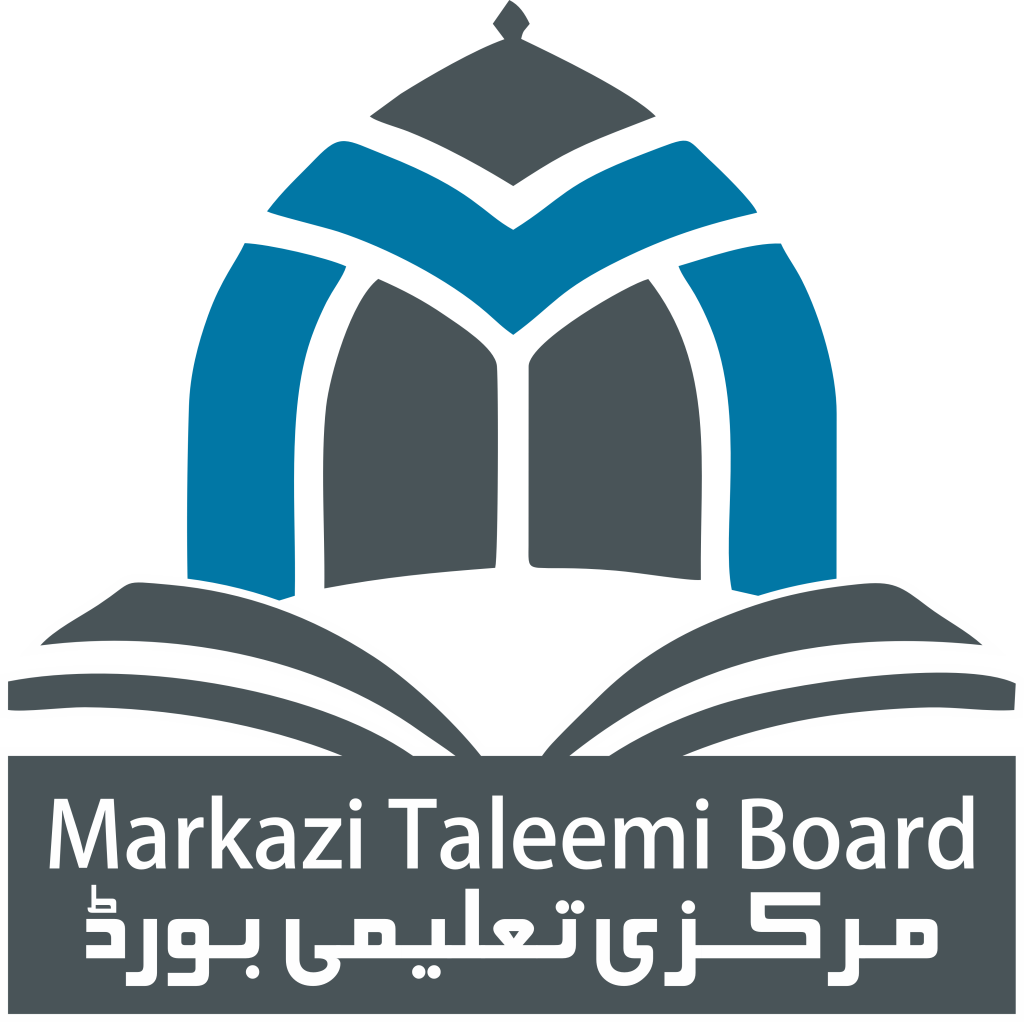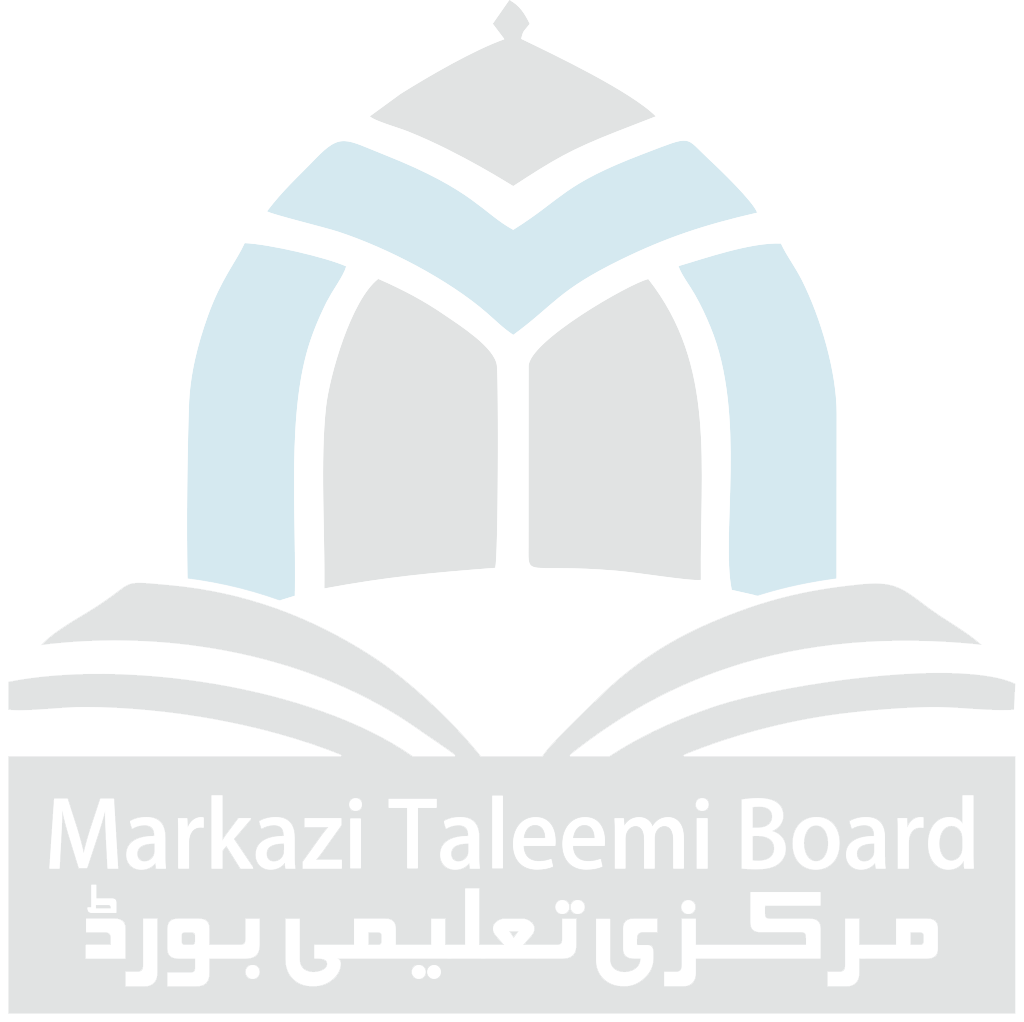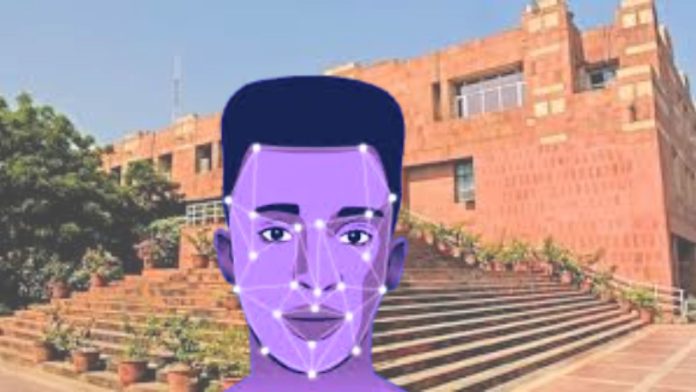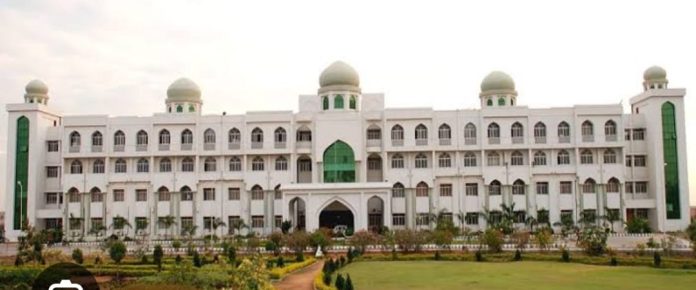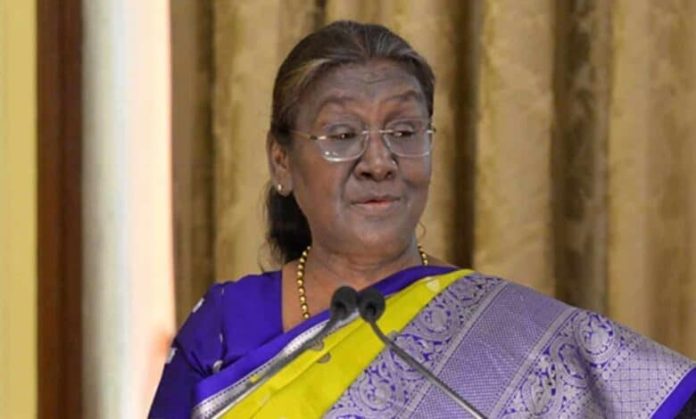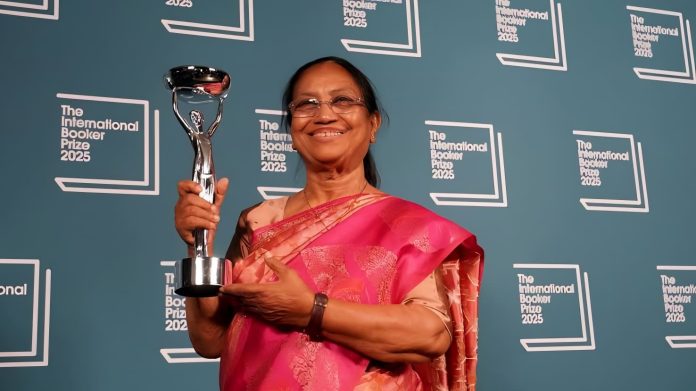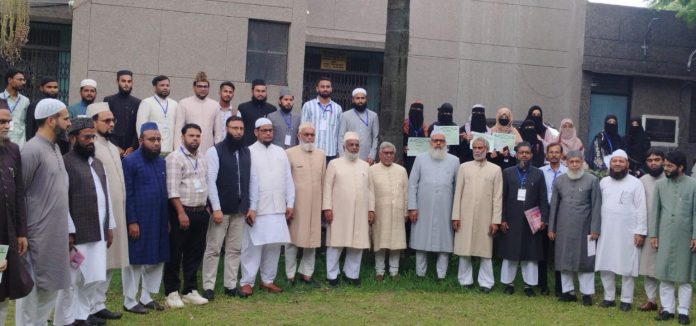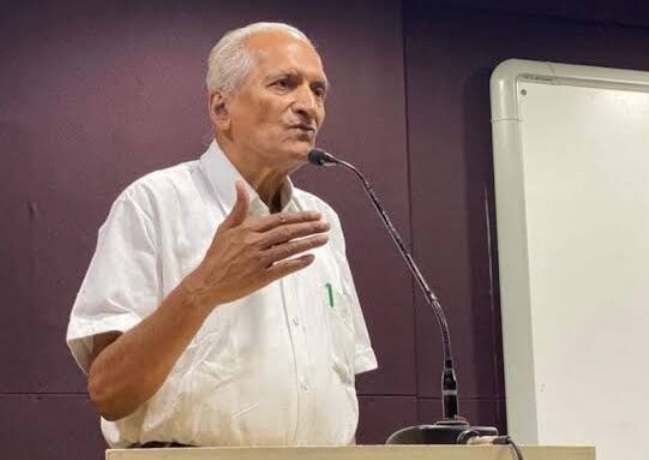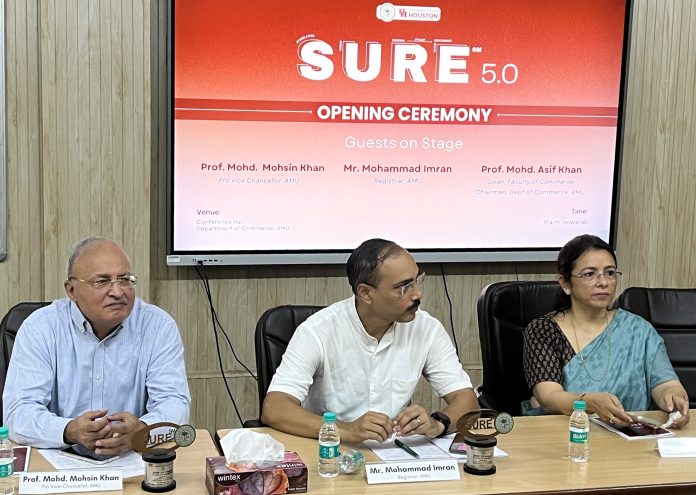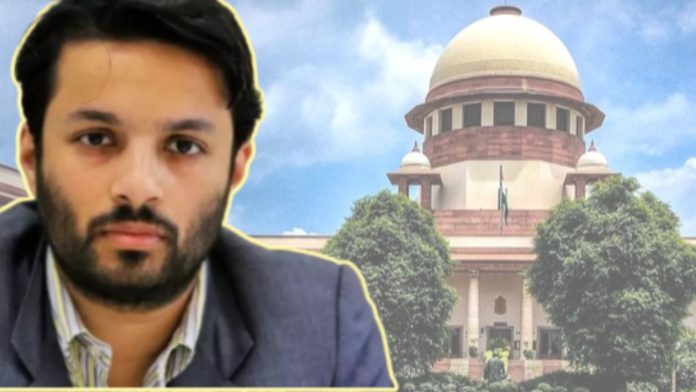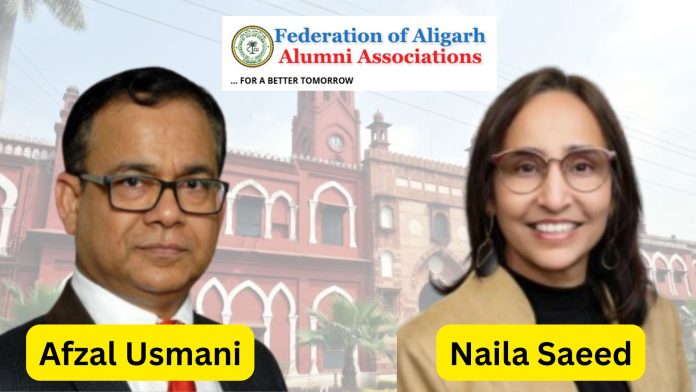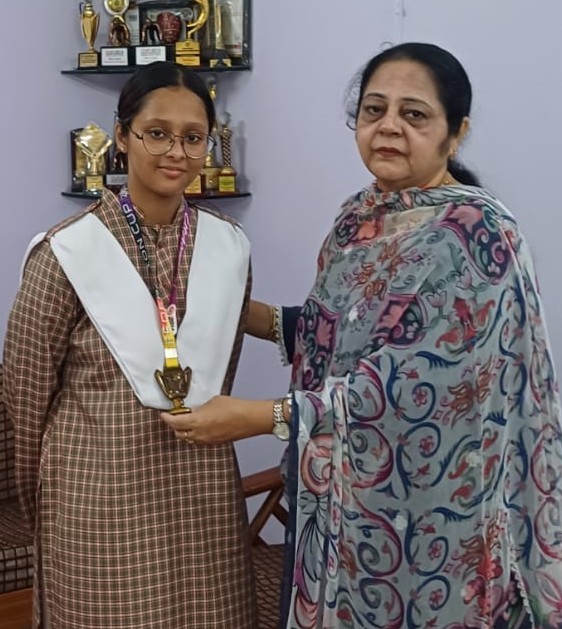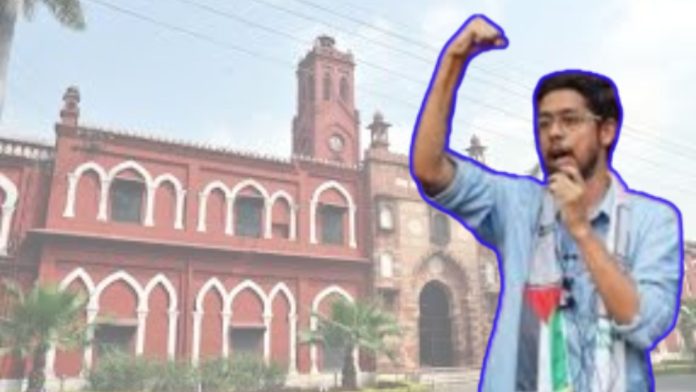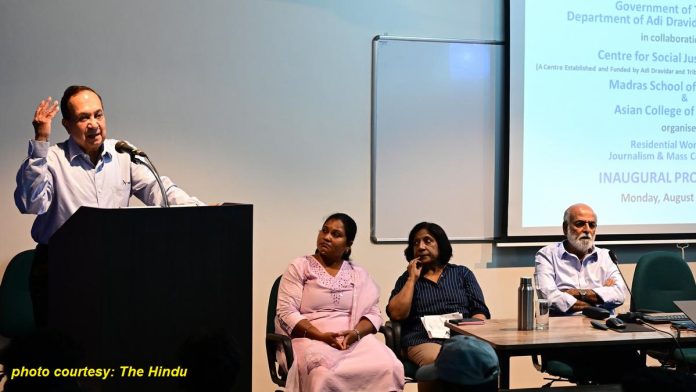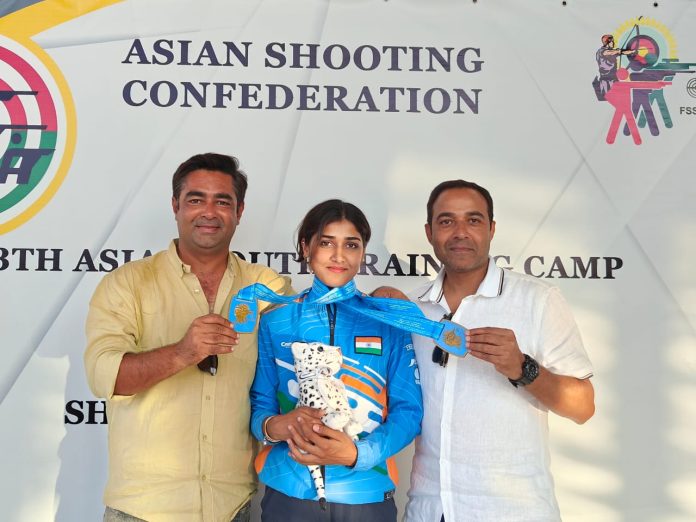ODHPUR, Rajasthan – Maulana Azad University, a leading Muslim-run private higher education institution in Rajasthan, has released findings from its Annual Status of Education Report (ASER)-2024. Conducted across 30 villages in Jodhpur district, the survey revealed encouraging trends in school enrolment and digital access among rural children, while also highlighting persistent learning gaps in reading and arithmetic skills.
The ASER-2024 survey found a significant increase in enrolment in private schools and a sharp decline in the number of three-year-olds not attending preschool or early childhood education programmes. However, it also revealed that many primary school students are still unable to perform basic mathematical tasks like simple addition, subtraction, multiplication, and division, reflecting a gap between access to education and actual learning outcomes.
Sixty students from Maulana Azad University, primarily from the sixth semester, participated in the survey process. Their work was acknowledged and felicitated at a special event organized at the university earlier this month. The final report was published by the NGO Pratham.
The ASER survey, a nationwide educational initiative, covered 605 districts across 17,997 villages, evaluating over 6.49 lakh children. In Jodhpur district, the local survey focused on rural children aged 3 to 16, testing their reading and arithmetic abilities, while also assessing digital skills among adolescents aged 14 to 16 using smartphone-based tasks.
Raju Ram Bishnoi, the district convener of ASER, emphasized several key findings: increased student and teacher attendance, widespread smartphone use among youth, improved preschool enrolment rates, and persistent learning difficulties, particularly in STEM (Science, Technology, Engineering, and Mathematics) subjects, especially among girls.
According to Bishnoi, more than 90% of rural adolescents now have access to smartphones. Among them, about 70% can perform basic digital operations such as setting alarms, searching for information, and sharing content online.
Dr. Samina, Dean of the Education Department at Maulana Azad University, noted that since 2016, ASER has followed a biennial model, alternating between large-scale rural surveys and smaller thematic studies.
Survey participants included Misbah Noor, a third-year B.Sc.-B.Ed. student who visited Uchiyarda village in Mandor block, and Afzal Khan, a B.Ed. (Urdu) student who conducted his survey in Pichiyak village of Bilara block. Each student surveyed 20 households per village, focusing on children’s reading, arithmetic, and digital literacy.
University Chairperson and educationist Mohammed Atique expressed the institution’s willingness to collaborate with government and non-governmental organizations to enhance grassroots education. “We are ready to provide all possible support, including financial aid, for such initiatives that contribute to the future of our children,” he said.
Registrar Mohammed Amin, who has extensive experience with international NGOs and has been associated with ASER since 2010, said that the findings of such surveys have positively influenced governmental education policies.
Maulana Azad University, founded in 2013 by the Marwar Muslim Educational & Welfare Society (MMEWS), currently educates over 15,000 students from underprivileged and minority backgrounds. The MMEWS, established in 1929, runs more than 330 institutions across sectors like education, health, and social welfare. It was originally patronized by Jodhpur’s Maharaja Umaid Singh, who donated a school to the society in 1936.
Over the years, the Society has set up numerous institutions, including a nursing college, pharmacy college, training institutes, and hospitals. The university’s motto, “Gain Knowledge and Serve Mankind,” continues to guide its mission.
The university’s current president, Jameel Kazmi, has introduced interdisciplinary studies while preserving pluralistic values and indigenous ethos. Since its inception, more than 50,000 students have graduated from MMEWS institutions, many of whom are now serving in various professional fields, including healthcare and rural development.
